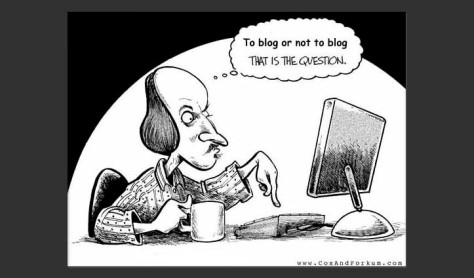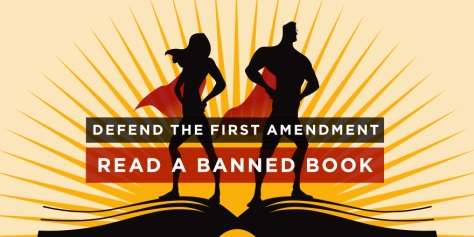
At CMLE, we want to provide our members with information on all kinds of issues that they may encounter in their library workplaces. And we want to be sure we have a wide variety of voices here to pass on information, experiences (good and bad!), suggestions, tips, and just general information that others could find helpful. Everyone has a story to share, experience to pass on, and ideas to contribute to make us all stronger!
We are actively soliciting for members to share their stories with us! We want to get all our CMLE members to share with each other here on our blog.
What could you write about?
- a program that was fantastic, everything went smoothly, and you think other libraries could adopt
- a program that was a disaster from start to finish, and you have a cautionary tale to terrify other libraries (Halloween is coming up, after all)
- a program that fell somewhere between these two extremes
- a database your users really like
- a new technology you tried
- some collection development or cataloging strategies you have developed over the years, that could make things easier/faster/more efficient for other people
- a problem you are facing, where you could really use some advice from other people who have also been there
- your library’s garden
- your library’s pet
- your library’s pet rock
- quick tips to make scheduling easier
- the cutest thing that happened last week
- the scariest think that happened last week
- the marketing plan you just wrote
- your special, patented, never-fail strategy for ensuring your printers never jam! (okay – if you have this one, we DEFINITELY want it!)
Are we worried about perfection in writing up these stories? Nope!
Are we looking only for people who are amazing, perfect writers? No way!
Are we available to brainstorm with you, help with writing, and do the formatting and such to get your work posted and shared with CMLE? You bet!!
You can contribute a paragraph, a page, or longer! Not all information to be shared needs the same amount of discussion, so things are flexible here for you.
In addition to being open to almost anything you guys want to share and discuss, we are putting out a call for some specific topics. CMLE will be offering Monthly Topic themes, with blog posts and training focused all in an area that should be helpful to our members. We really want to hear from you and to share your stories, ideas, suggestions, and whatever else you have to share on our monthly topics. You can get your material ready any time, and we will hold onto it until the topical month comes up.
Our upcoming Monthly Topic schedule:
- October: Hiring (including recruiting, writing job ads, interviewing, succession planning, and more)
- November: Advocacy (including strategies for finding your stakeholders, templates for emailing legislators, practicing your elevator speech, and more)
- December: Stress Management (including relaxation tips, work/life balance ideas, strategies for avoiding burnout, and more)
- January: Grants (finding them, writing the application, managing programs, and more)
We will keep announcing topics before the month in question, so you can have time to think about your contributions.
Do you have an idea you might want to share? Call or email Mary or Angie, and we will work with you to get it created, scheduled, and shared!




